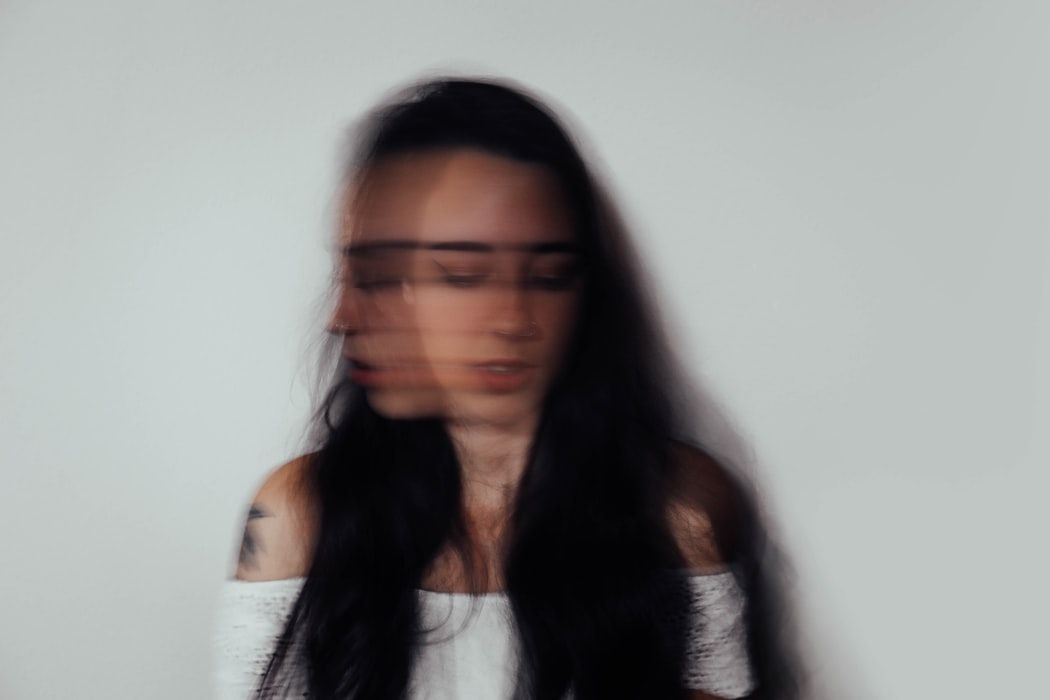Do you suffer from an anxiety disorder?
Did you know there are different types?
While it is normal and healthy to feel occasional anxiety when facing everyday life challenges, an anxiety disorder does not involve just occasional worry and fear, but is persistent and can worsen as time goes on.
Read on to learn more about various types of anxiety, how they're diagnosed, and which treatment methods are available.
What is Anxiety?
We all get anxious from time to time. A healthy amount of anxiety can be helpful in some cases, but it can become debilitating and disruptive for many people. In fact, anxiety disorders are some of the most common mental health conditions in the United States, according to the Anxiety & Depression Association of America. If your symptoms disrupt your day-to-day functioning for an extended period, you may have an anxiety disorder.
Aside from nervousness, worry, and fear, anxiety can trigger symptoms such as:
- Feelings of panic
- Restlessness or irritability
- Racing, ruminating thoughts
- Feeling short of breath or rapid breathing
- Trouble sleeping, insomnia
- Physical symptoms, such as headaches and stomachaches, and muscle tension
Types of Anxiety Disorders
There are many types of anxiety disorders. According to the National Institute of Mental Health, the following are the most common:
Generalized Anxiety Disorder (GAD)
If you have a generalized anxiety disorder (GAD), you'll feel as if your worries are impossible to control. Worrisome thoughts can often take the form of ruminating, spending an excessive amount of time thinking about the future-how they may or may not play out, and how you might manage them.
It's common to experience symptoms without being able to explain why. Symptoms like the ones listed above are present for most days and can last for months at a time.
Panic Disorder
People with panic disorder have reoccurring, unanticipated panic attacks. Panic attacks are sudden periods of overwhelming fear that reach their peak within minutes. Attacks can be a result of being triggered or a large amount of anxiety suppressed for some time.
During a panic attack, individuals may experience:
- Heart palpitations, a racing heart rate
- Excessive sweating
- Trembling or shaking
- Shortness of breath, difficulty breathing
- Feelings of impending doom
- Feeling like they're out of control
Symptoms can feel so intense; it's common for people to mistake panic attacks for heart attacks. Individuals with panic disorder frequently worry about when they'll experience the next one and go out of their way to prevent future occurrences. They can do this by avoiding certain places, situations or by behaving in a particular way.
Phobias
A phobia is an intense fear of—or reluctance to—particular objects or situations. The fear is often disproportionate to the actual threat or danger present.
People that experience a phobia may:
- Have an irrational or extreme worry about facing a dreaded object or situation
- Take active, preventative measures to avoid the feared object or situation
- Experience immediate, intense anxiety in encountering the feared object or situation
There are different types of phobias and phobia-related disorders:
Specific Phobias (also known as simple phobias): As the name suggests, those with a specific phobia have an intense fear of, or feel incredibly anxious about, particular objects or situations.
Some examples of specific phobias include the fear of:
- Flying
- Heights
- Specific types of animals, such as spiders, dogs, or snakes
- Needles (injections, vaccines)
- Blood
Social Anxiety Disorder: (also known as social phobia): People with social anxiety disorder fear being embarrassed or criticized in social or performance situations. They worry that others will negatively evaluate actions or behaviors associated with their anxiety. This worry often causes people with social anxiety to avoid social situations. Social anxiety disorder can manifest in various situations, such as within the workplace or the school environment.
Agoraphobia: People with agoraphobia have an intense fear of two or more of the following:
- Public transportation
- Being in large, open spaces
- Being in restricted, enclosed spaces
- Large crowds
- Being outside of the home alone
People with agoraphobia often avoid these types of situations because they believe that leaving the situation may be difficult or impossible if they experience a panic-like reaction. In extreme cases of agoraphobia, an individual may feel like they can’t leave their house.
Post-Traumatic Stress Disorder
PTSD is an anxiety disorder that can develop after witnessing or experiencing a traumatic event. Traumatic events that can trigger PTSD include:
- Natural disasters
- Accidents
- Military combat
- Physical or sexual assault
- Experiencing or witnessing violence
Treatment Options
Psychotherapy
Psychotherapy, also known as talk therapy, is a popular and effective method of treatment for anxiety. It typically involves a therapist, counselor, or psychiatrist, who works with you to reduce any troubling symptoms you're experiencing. While several therapeutic approaches to choose from, some are better suited for particular issues like anxiety.
Cognitive Behavioral Therapy: CBT is an effective treatment for both anxiety and depression. CBT can help you get to the root cause of your anxiety, and provide coping strategies for symptoms.
Strengths-Based Approach: Strength-based therapy supports the belief that everyone has inherent value. This therapeutic approach utilizes a client's natural strengths, abilities, and available resources to manage symptoms, achieve goals, and overcome obstacles.
Medication
Antidepressants and anti-anxiety medications are both first-line treatment options for anxiety. Research has shown that anxious symptoms typically respond well to selective serotonin reuptake inhibitor (SSRI) and serotonin-norepinephrine reuptake inhibitor (SNRI) medications.
We Can Help Treat Your Anxiety
With a combination of professional treatment and medication, a person living with an anxiety disorder can lessen their symptoms and start to live a more normal life. We have three facilities throughout central Michigan to help get you effective treatment for your anxiety disorder. Contact us today to learn more and schedule an appointment!
Resources
https://adaa.org/
https://www.medicalnewstoday.com/articles/249347
https://mhanational.org/conditions/phobias
https://www.psychiatry.org/patients-families/ptsd/what-is-ptsd
Keywords: anxiety disorder, how to treat anxiety, anxiety


